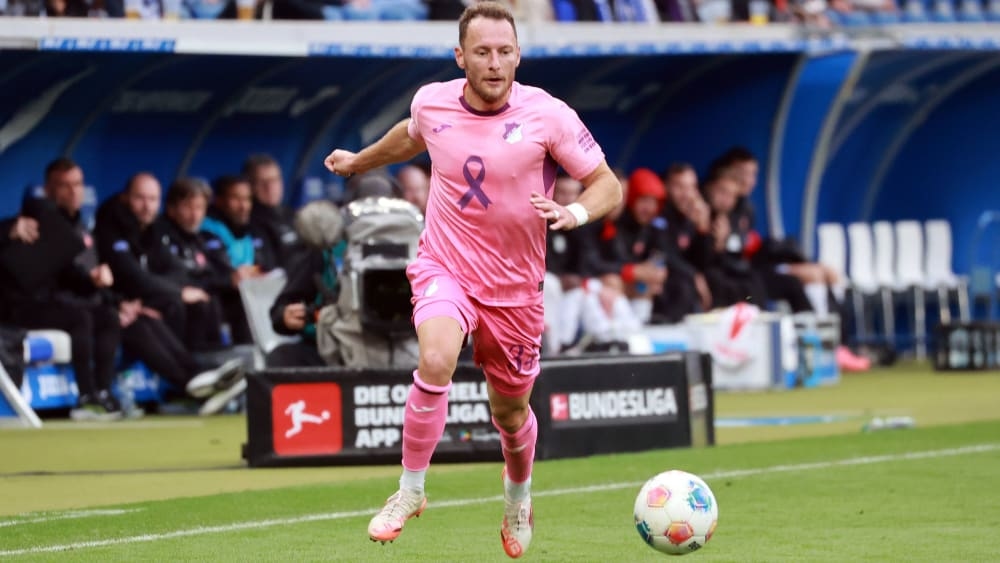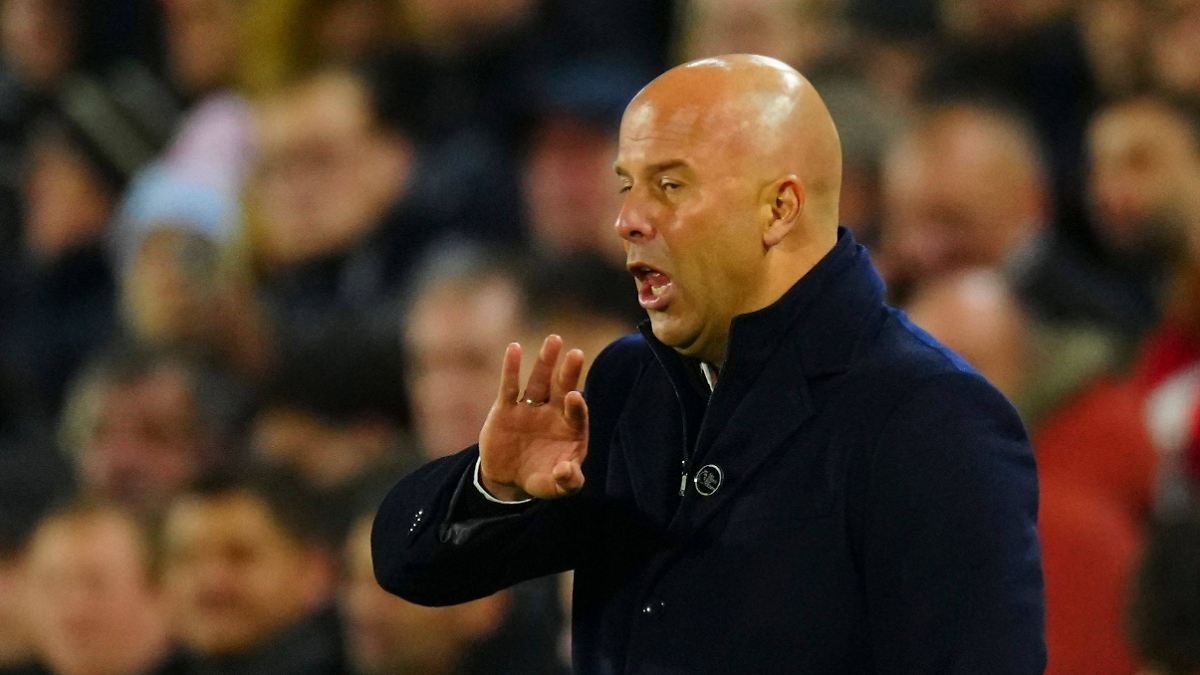Munich votes on the Olympics: Citizens' referendum decides on the Summer Games

This Sunday, the decision will be made as to whether Munich will continue its bid to host the Summer Olympic and Paralympic Games. Supporters and opponents have been campaigning for their positions for weeks, and now the residents of the state capital have the final say.
Everything you need to know about the referendum:
The citizens of Munich can vote either "yes" or "no" in the referendum on the following question: "Are you in favor of the state capital Munich bidding to host the Summer Olympic and Paralympic Games, which will take place either in 2036, 2040, or 2044?"
Voters have been able to cast their ballots by mail for about a month now. Those who prefer to vote in person can go to one of the city's 106 polling stations on Sunday between 8 a.m. and 6 p.m. with their ballot and a valid ID.
All EU citizens who are at least 18 years old on Sunday and have been registered as their primary residence in Munich for at least two months are eligible to vote. According to the city administration, this applies to around 1.1 million of Munich's 1.6 million residents.
In a referendum, it's important whether supporters or opponents achieve a majority – but only if at least ten percent of all eligible Munich residents vote with the respective answer. If the nearly 110,000 votes required to reach a quorum are not reached, the city council is not obliged to abide by the decision. If it is reached, the result is binding. If there is exactly the same number of yes and no votes, the question is considered answered with a no.
After counting begins at 6 p.m., initial results from the voting precincts and postal ballot precincts should be available by 7 p.m. at the latest. The preliminary final result for the entire city will be available later this evening. The official final result is expected on Wednesday.
Mayor Reiter (SPD), along with the state government, numerous associations, and sports celebrities, are all advocating for the mega-event. They hope it will provide a major boost for Bavaria and Germany as a center of sports—and, of course, international attention, which could, among other things, benefit tourism in the region. Above all, however, the bid is intended to provide a boost through the expansion of public transportation, urgent infrastructure projects, and urban development—thanks to additional federal and state funding. In addition, the Olympic Village will create thousands of new apartments.
Critics, however, point to the immense and incalculable costs for taxpayers and the dominant role of the International Olympic Committee (IOC). Moreover, such a major event would further fuel Munich's growth boom, which locals would pay for with higher living costs. Environmental groups also complain that trees would have to be felled and land sealed for new sports facilities, parking lots, etc.
A survey by the German Olympic Sports Confederation (DOSB), originally intended for internal purposes but made public about a week ago, showed that a clear majority of postal voters at the time were in favor of a bid.

Nevertheless, opponents still believed in success shortly before the vote. "I've never seen so much advertising for any project in Munich," said the most prominent critic, Green Party politician Ludwig Hartmann. "If there were such enthusiasm, then even Dieter Reiter wouldn't say: I'm spending the money for fun."
A large majority could improve the German bid's chances in the race; Berlin, Hamburg, and the Rhine-Ruhr region are also vying for the bid. Germany plans to officially submit its bid for the Games at the end of November. The decision as to which city will compete will be made at an extraordinary general meeting of the German Olympic Sports Confederation (DOSB) in the fall of 2026.
When the IOC will decide on the international allocation has not yet been determined. Likewise, the year for which the Summer Games will be awarded to Europe has not been determined yet—hence the different years in the referendum.
RND/dpa
rnd







